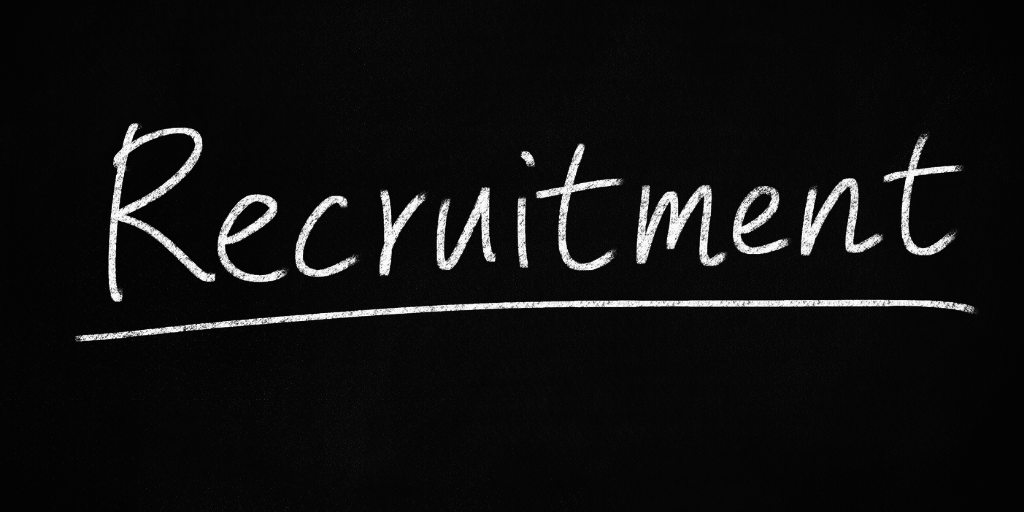
Artificial intelligence has become a predominant part of the corporate culture. Whether you operate as a small business, a SaaS entity, or an eCommerce shop, hiring talent to fill your ranks is always challenging. This is why dedicated AI algorithms have been created to fill in the roles of marketing experts and to some extent, HR recruiters.
According to published data, 77% of HR will rely on AI for talent acquisition by 2022, with 56% already using it to fill their staff rosters. Given how deliberately, precisely, AI algorithms are designed, they’ve been found to cause 35% less turnover in companies that hired staff via AI recruitment.
The only way forward for HR recruiters is to embrace AI and learn how to rely on it to streamline their recruitment processes. A major component of that is recruitment marketing, or how recruiters will attract talent to their companies moving forward. Let’s discuss how AI can considerably improve a recruitment strategy and let you focus on meaningful onboarding for new staff instead.
1. Actionable Recruitment Candidate Data Acquisition
It’s no secret that plenty of HR recruiters want to hire new talent for their companies and do it now. However, rushing through the recruitment process can backfire considerably. Based on recent findings, only 50% of recruitment processes are considered a success. Further data shows that businesses can experience up to 150% of an employee’s salary in losses if the person turns out to be unfit.
AI tools centered on marketing and data parsing can alleviate those problems to a great extent. Once your recruitment window opens, AI can help you parse valid and invalid resumes far more quickly than a person could. To make the process more productive, you can set up your resume builder or write strict resume instructions for your AI to parse easily. Attaining and handling recruitment data from potential candidates is faster and more meaningful with AI at your side.
2. More Creative Freedom for Recruitment Marketers
AI tools centered on digital marketing are capable of finding the right types of content to create and at the right moment. Instead of having your marketers spend weeks on end trying to understand how your competitors market their recruitment windows, rely on AI.
The AI digital marketing tools will parse through live websites, blogs, data reports, and other publicly available records to look for trends and correlations. Their findings can be used to come up with more meaningful content which will speak to your target audience directly. Since AI will handle content research for you, your marketers, copywriters, and designers can focus on creative work instead.
This can result in marketing content of a much higher caliber, which will then elevate your brand’s name on social media and other channels. Alternatively, your recruitment marketers won’t be able to keep up with AI’s findings in the case of manual research. This is a strong argument in favor of using AI in creating a recruitment marketing strategy with fewer resources and higher-than-standard ROI.
3. AI Writing Tools for Generating Meaningful Content
Given that HR recruiters are often not content marketers or copywriters themselves, it can be tough coming up with good content to attract new employees. AI writing tools have been around for several years now and have proven themselves capable of generating great content for digital marketing.
Human oversight is still necessary, as AI tools aren’t fully able to mimic human writing patterns as of yet. Candidates with a background in writing or literature will spot these mistakes instantly, just as students who spend time on academic writing would. When students think “I need someone to write my essay paper”, they can always reach out to professional writers to get their writing assignment done.
HR recruiters can do the same with AI writing tools which, given context and objective instructions, can create great HR recruitment content for digital publishing. Such content would allow you to attract the right talent to your vacancies effectively and avoid unnecessary downtime of outsourcing or learning content writing yourself.
4. Quicker and More Efficient Onboarding Process
Onboarding is an integral part of the hiring process, even though it happens at the end of the recruitment cycle. Potential candidates are yet to prove themselves fit for the roles they were hired for, and HR recruiters need to help them adjust. If mishandled, these candidates can leave the company outright or improperly integrate into your business culture and cause rifts in your staff.
You can’t afford this and should do your best to help them onboard properly. With AI, you can create seamless onboarding processes for new hires to help them acquaint themselves with your culture and tools. They can help you create meaningful digital courses, learning materials, and give you advice on how to personalize the onboarding for each employee.
This is a far cry from what you’d be able to do by relying solely on your gut instinct and human data processing. The result of this would be far faster hiring, more meaningful integration, as well as higher employee engagement and satisfaction from the get-go.
AI as an Integral Part of HR (Conclusion)
With the global pandemic subsiding, HR recruiters will continue to ramp up their hiring efforts as 2022 comes along. Only time will tell how prevalent AI will be in recruitment marketing, but the fact remains that the algorithms have become more than capable. AI has transcended its initial role as a support chatbot and is now capable of making informed, objective decisions on marketing, business development, and recruitment.
By implementing AI into recruitment marketing, HR professionals will attract more relevant talent to their vacancies and onboard them far more effectively. This will leave them with more room to dedicate to employee nurturing and professional development pipelines instead of delegating most of the manual labor to AI. Learn to embrace the tools available to you, and your business will transform alongside valuable corporate trends such as AI’s implementation in recruitment.
Follow Us